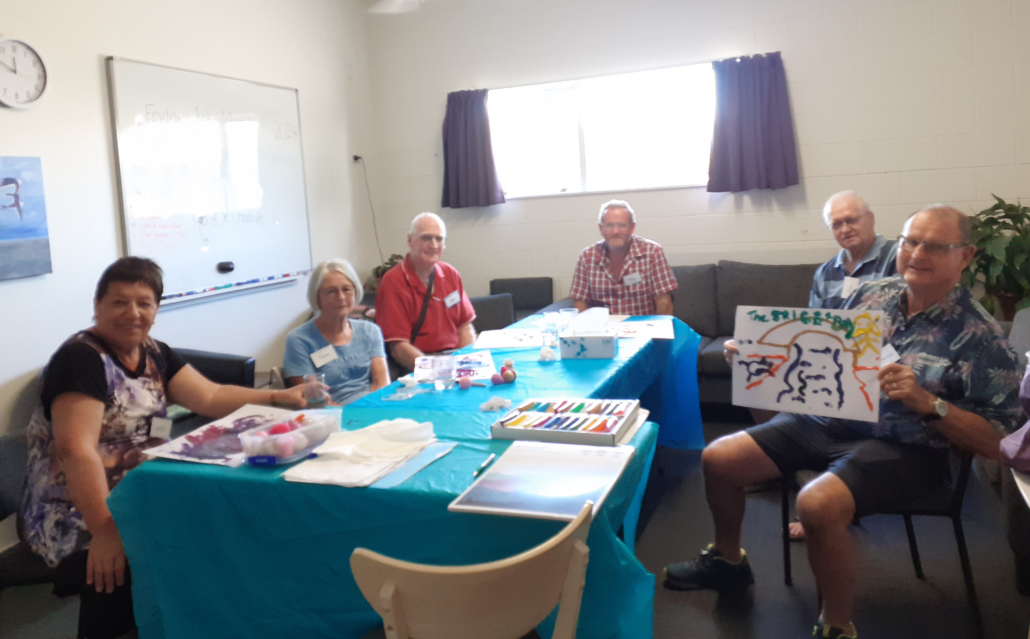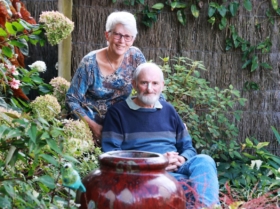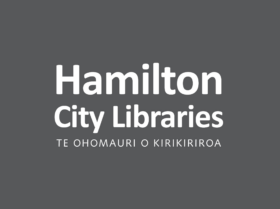Cognitive Stimulation Therapy (CST) comes to rural Waikato!
By Janine Appleby, Senior Dementia Advisor, Dementia Waikato
Cognitive Stimulation Therapy was initially developed in the UK and has been adopted in 23 countries, including NZ. It is thoroughly researched and a validated therapy for people with mild to moderate dementia. It has been shown to improve people’s memory, mood, and quality of life.
The aim is to stimulate all parts of the brain, in a supportive, and non-judgmental environment. As well as socializing and meeting others in a similar situation.
What happens?
The Cognitive Stimulation Therapy treatment programme is structured and outlined in a training manual. The basic treatment programme is 14 sessions, run weekly, each lasting 45-60 minutes. The groups are deliberately small, often consisting of seven to ten people.
Each session follows the same structure, though the theme changes. Topics might include childhood, food, current affairs and using money. Different activities will be offered around each theme, for example, one week the activities might involve word puzzles or games, another week playing a musical instrument. The group provides a supportive atmosphere, and the activities offer a range of multi-sensory experiences…that are fun.
How did we get started?
Through a serendipitous meeting and some hard work to gain grant funding Dementia Waikato have engaged the support and expertise of Alzheimer’s Tauranga Cognitive Stimulation Therapy delivery team to help in delivering a rurally based Cognitive Stimulation Therapy programme on our shared border with Western Bay of Plenty.
We were able to recruit 3 local volunteers very easily into the programme from variety of backgrounds and experiences –some of them with lived experience. They all had a passion and willingness to support people living with Dementia live positively with their diagnosis.
Recruiting our participants was a bit more of a challenge due to fear of the unknown, loss of confidence, and inability of care partner or whānau to support. The biggest challenge was transportation and travel to a rural location – the search for participants needed to go wider to ensure its success.
How well did we do?
Our group was well attended by 5 people from the Waikato and 2 people from the Bay of Plenty initially, with only one person having to stop due to transportation issues. Of the 6 people on our programme some of those had at least a 60-minute round trip to attend the sessions. We are grateful to the commitment and resources of our care partners to support the success of the programme.
We had amazing positive feedback from all our participants, volunteers and care partners and we hope to join up with our partner organization at Alzheimer’s Tauranga to offer the ongoing maintenance programme to our clients in Waikato.


